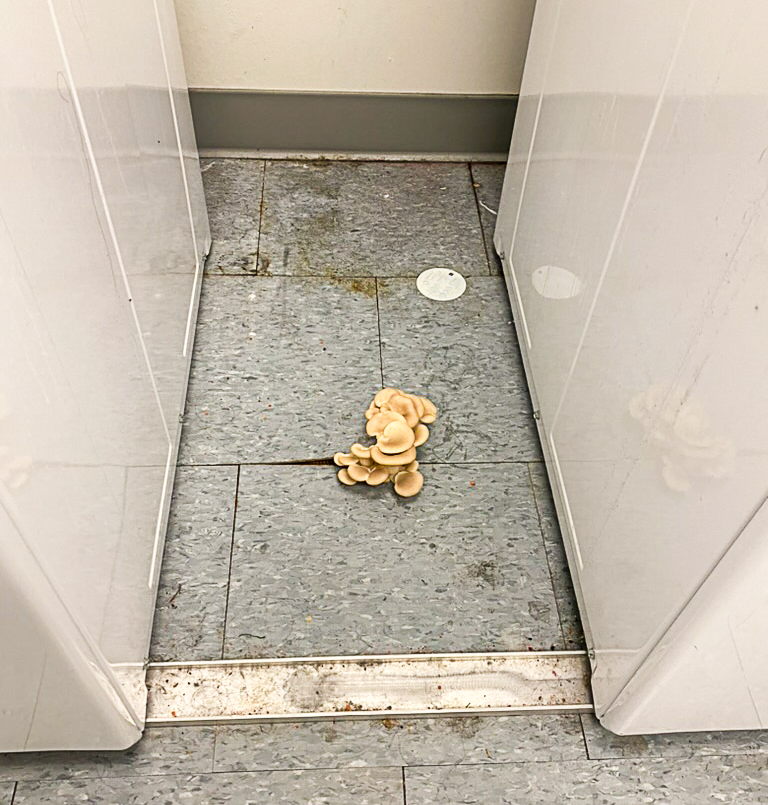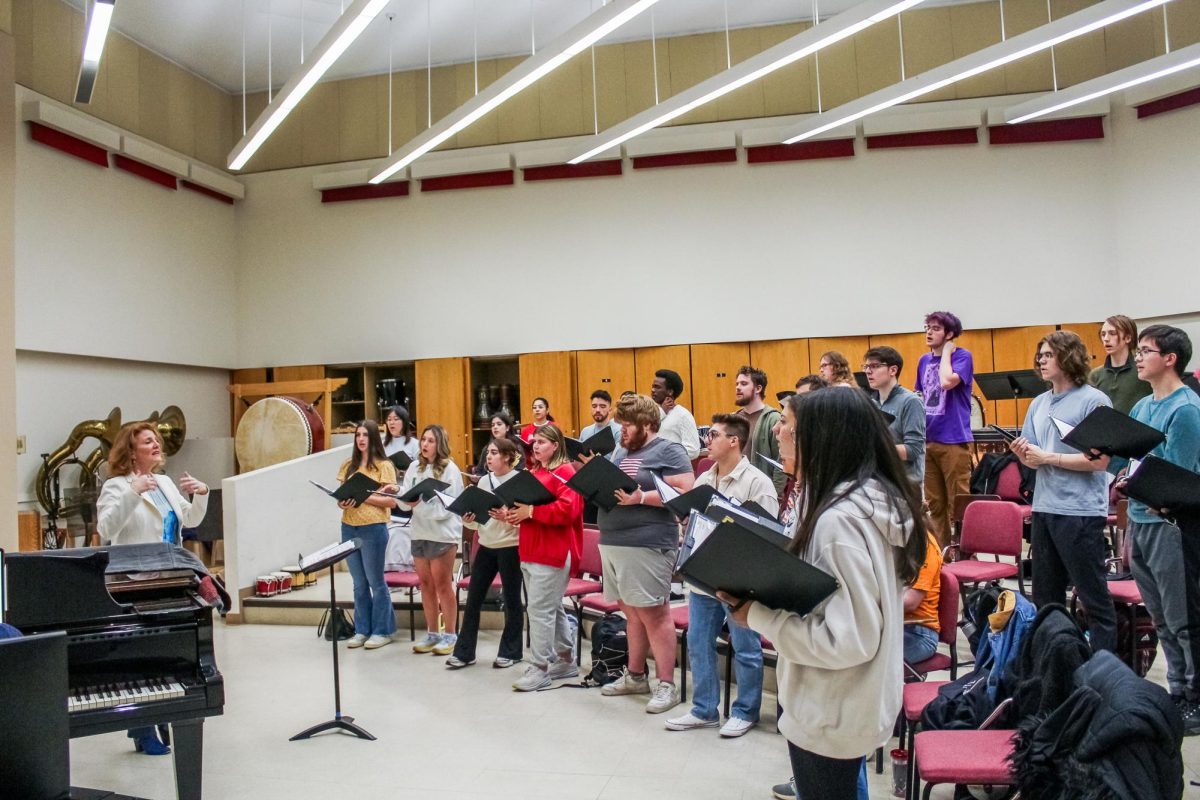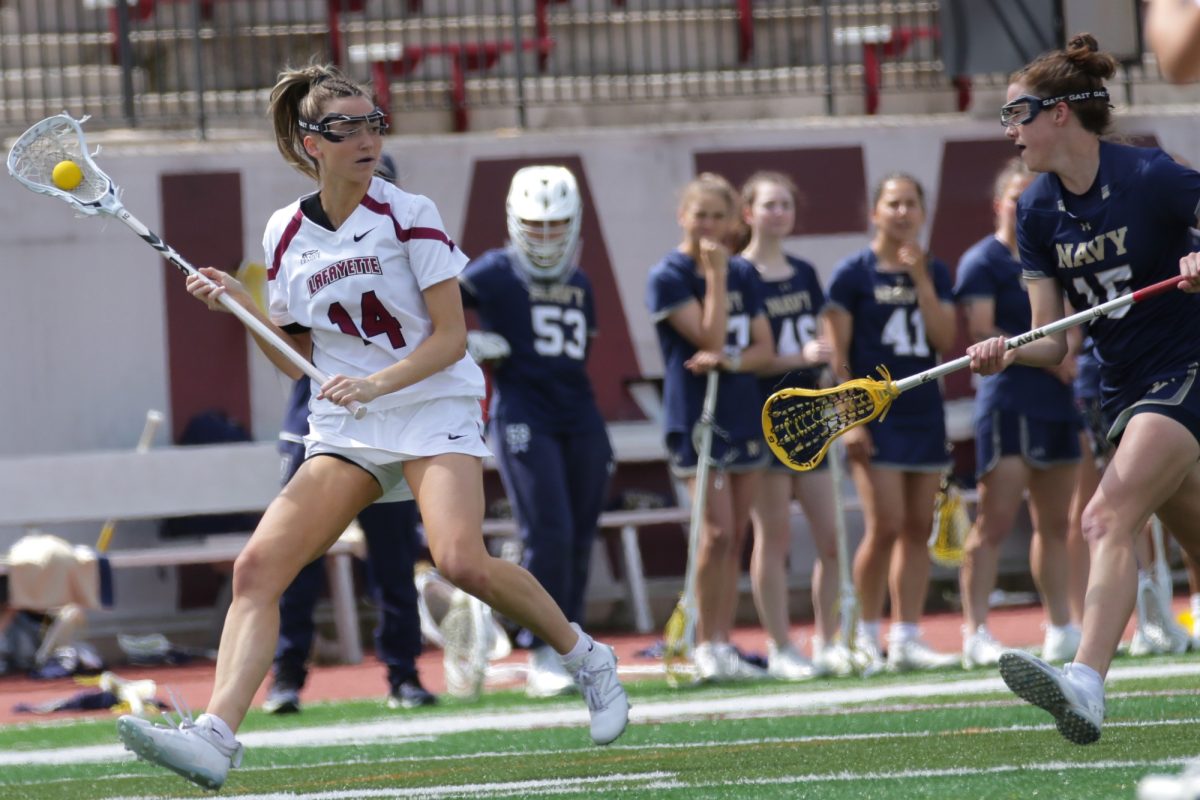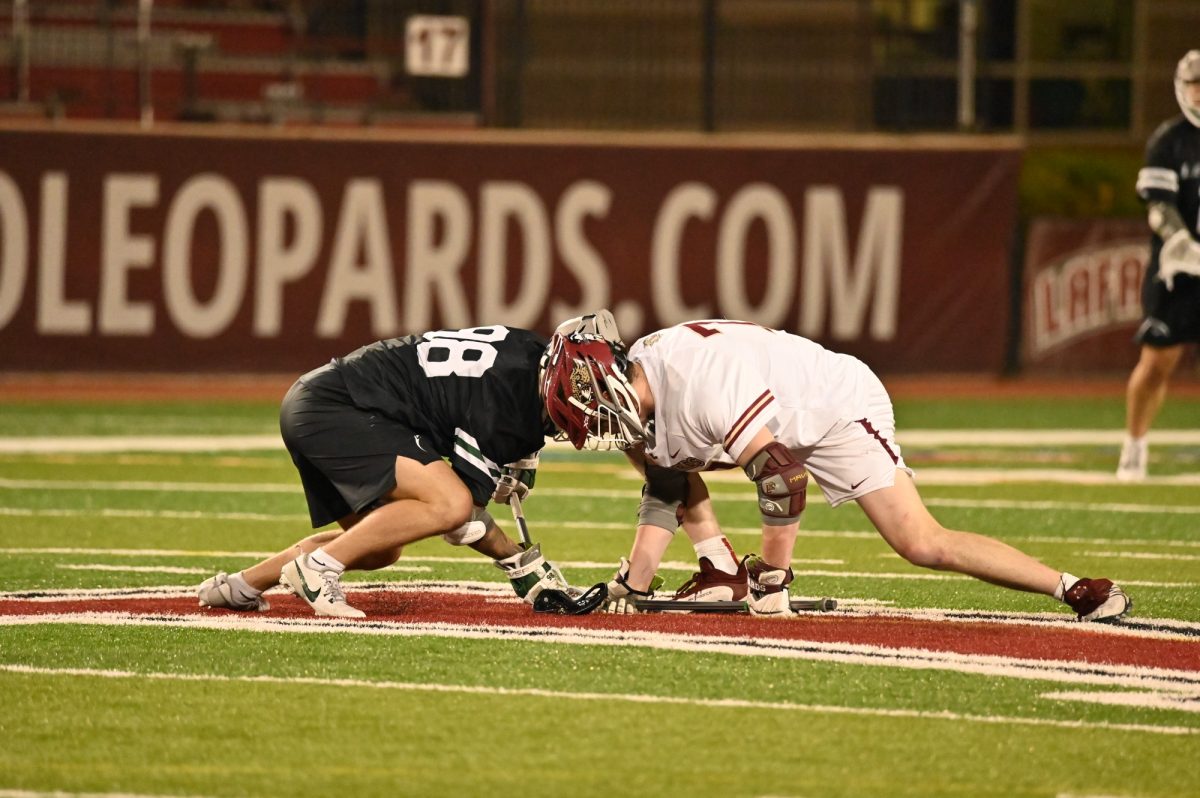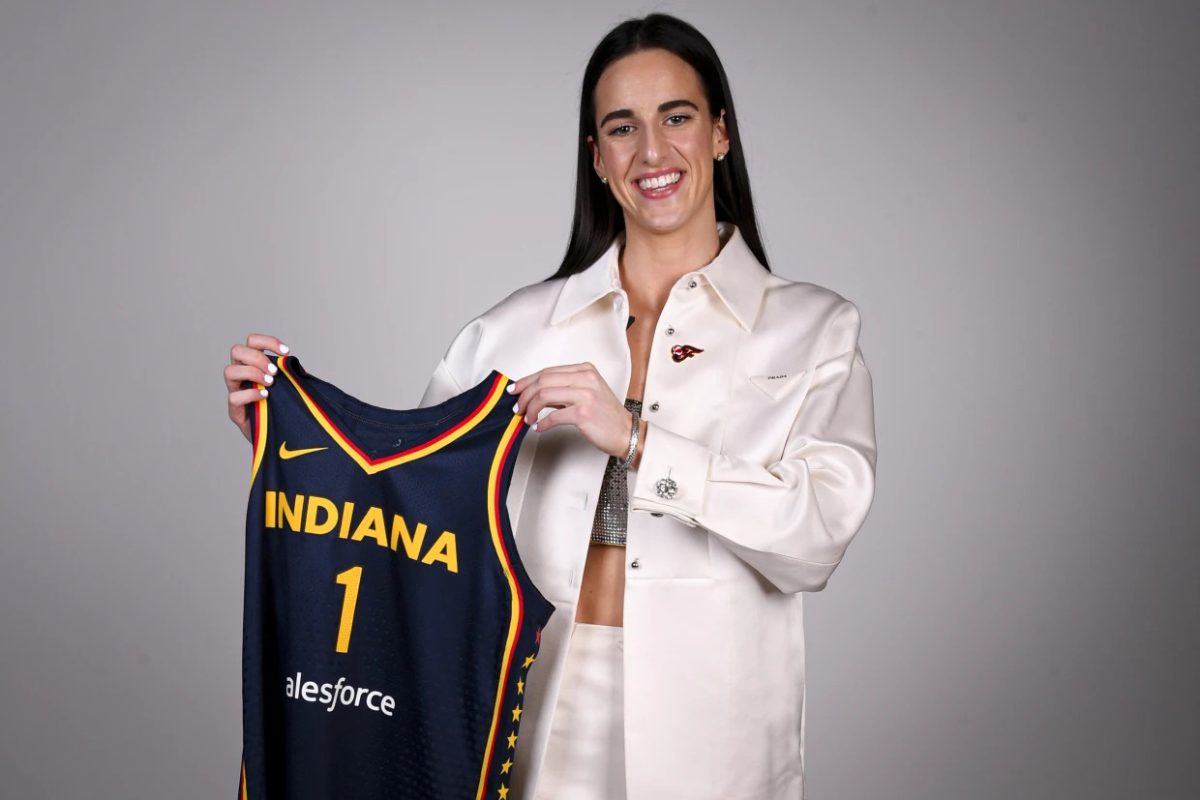A year after the death of former first-year lacrosse player McCrae Williams, the athletics department, headed by Athletic Director Sherryta Freeman, has made revisions to the alcohol policy for student-athletes and created a committee to reevaluate standing policies.
Last September, Williams suffered a head injury in his room after a day of drinking. Williams’ friends thought he was drunk, attached a backpack to him to prevent him from choking on his vomit and checked on him repeatedly for nearly a day before calling for help. When they did so, they called the lacrosse coach before public safety.
After Williams’ death, a foundation was started by his family in his name with the mission of advocating for the importance of Good Samaritan policies on college campuses, a policy at Lafayette that was previously a point of confusion for student-athletes.
The Lafayette reported nearly a year ago that student-athletes expressed confusion about whether or not the Good Samaritan policy applied to them, and if or how utilizing the Good Samaritan policy would affect their positions and playing times.
Freeman said that while changes were made to the alcohol policy for athletes this year, there has been no change to the Good Samaritan policy, which applies to all students at Lafayette.
“The Good Samaritan policy was in effect in the past and it’s in effect now. If the student is transported utilizing the Good Samartian policy, there are no sanctions associated with the incidents,” Freeman said.
The true change in the alcohol policy is in the sanctions placed on student athletes as a result of penalization. In the past, there were clear cut, non-negotiable sanctions in place outlining the prescribed punishment. However, after reevaluation done by a committee led by Deputy Athletic Director Kaitlyn McKittrick and made up of coaches, staff and student-athlete representatives, changes to this non-negotiable nature were agreed upon.
“There was an overall consensus that the prescriptive nature of the sanctions was not appropriate for us, and that we did not feel it was effective and that’s why we changed it,” Freeman said.
For an athlete who was a first-time offender in the past, the sanction could have been, at most, a loss of 20% of their competition dates in their championship season, according to the 2017-2018 Lafayette College Student Athlete Handbook.
Now, each individual case will be reviewed by the athlete’s coach, the sport administrator and the director of athletics. There will then be a determination of the appropriate actions to be taken when it comes to sanctions, Freeman explained.
“We are looking at each individual case to make sure sanctions are appropriate,” Freeman said.
The change to a case-by-case system will hopefully result in a fairer policy that can reflect the actions of the student on a more personal level, according to Freeman.
“You’re looking at the history, magnitude of the defense, and you’re making a reasonable dissemination based on that,” Freeman added.
Now, according to the newly written policy, sanctions “may include, but are not limited to, additional education, suspension from team activity, community service, reflection and can, at most severe, results in dismissal from the program and loss of scholarship.”
The updated alcohol policy was discussed at the beginning of the school year with all student athletes. However, according to the golf team captain Trey Croney ’19, this overview about the change was not very clear.
Croney said the changes were brushed over fairly quickly and the policy is not as clear as it should be.
“Among the athletes, it’s not the most cut and dry what the policy is,” Croney said.
Croney said he feels the main issues lies with educating student athletes and believes that each sports team should meet individually with an educator who can teach them about prevention and what to do in certain situations related to alcohol.
“I know a lot of teams socialize together, that’s a big thing,” Croney said. “[Athletes] stepping into more leadership roles need to be taught how to act in certain behavioral situations.”
AJ Traub ’20 contributed reporting to this story.


























